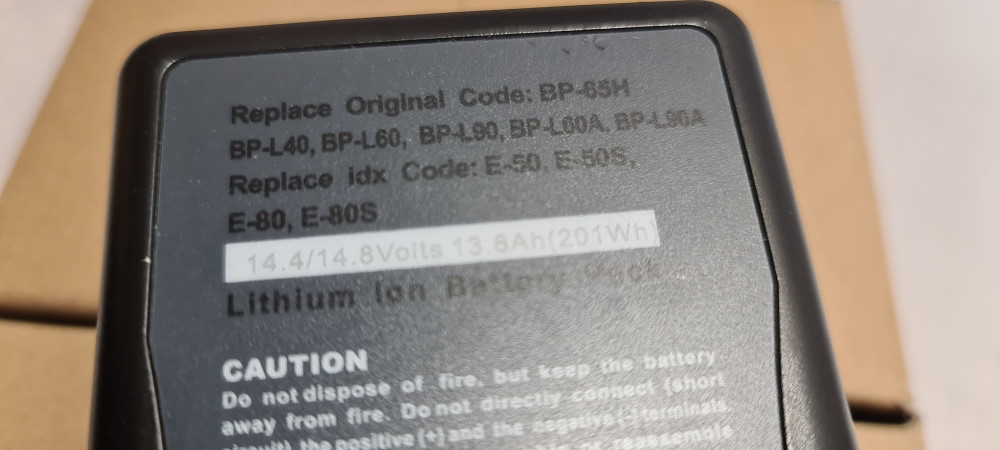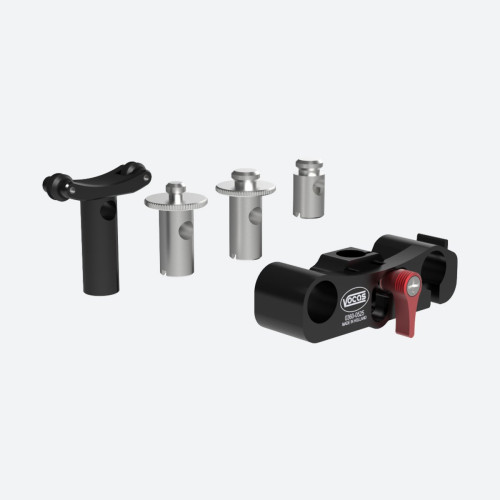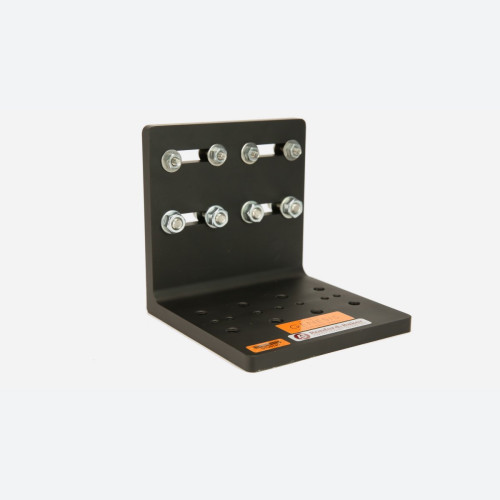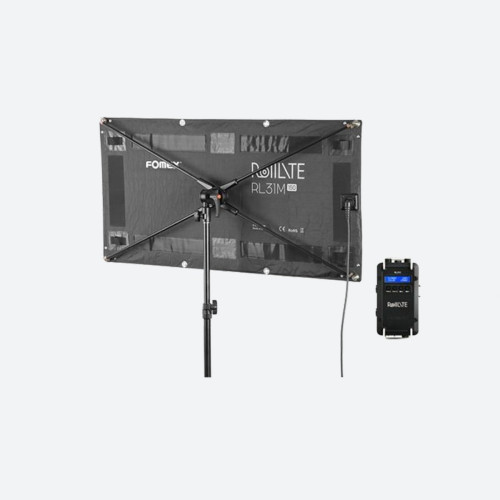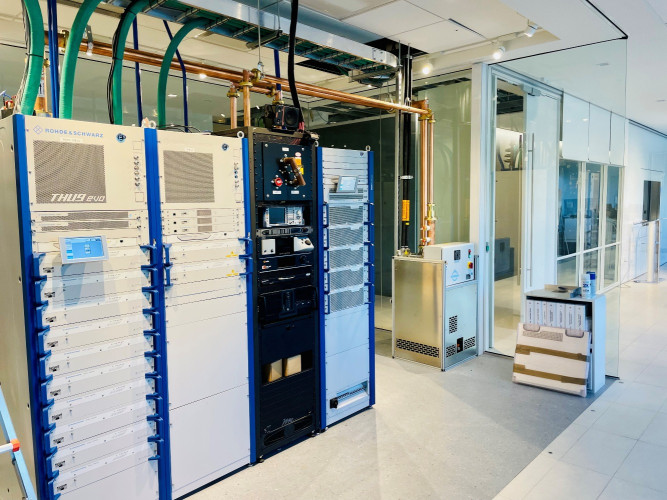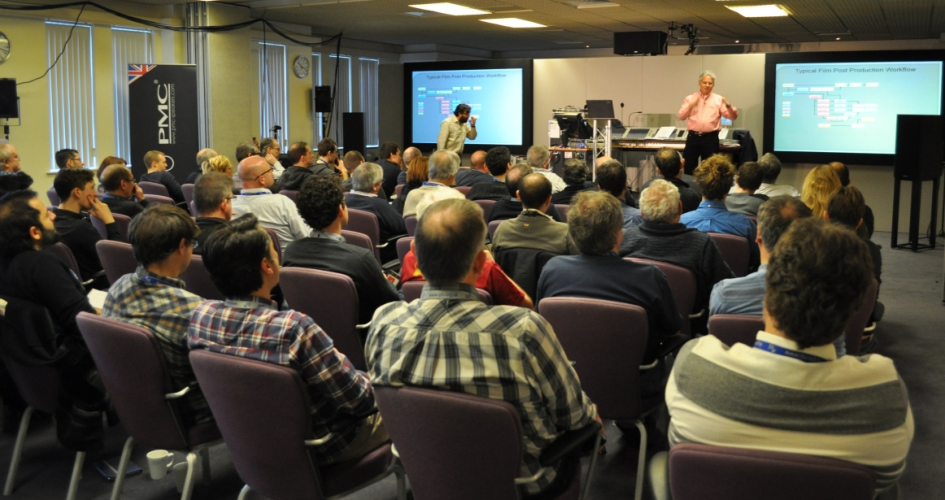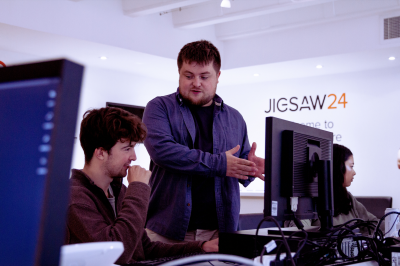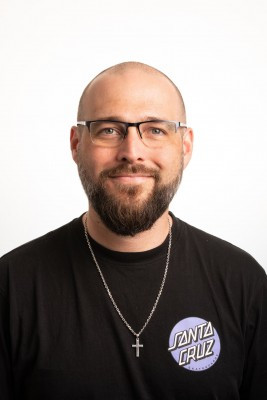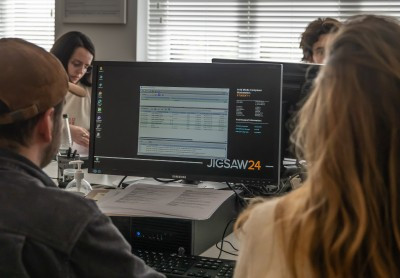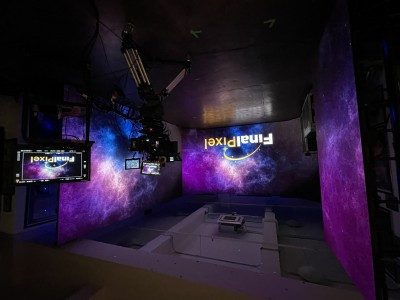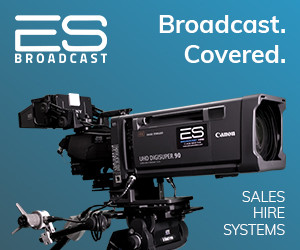by Tony Cahalane Issue 94 - October 2014
Ours is a hungry and demanding industry. It requires a constant supply of highly skilled and dedicated technicians who are willing to work hard, under often difficult circumstances, to help deliver the environment for production teams to thrive, in an ever-evolving media landscape and one where insecurity is often over fuelled. For those who choose television, the rewards are great - an exciting career which offers infinite opportunities and as much variety as you could want. It\'s not always easy but many of us wouldn\'t want it any other way.
However the flow of new blood into our side of the industry is stemming. There is definite shortage of young people entering the fold and, among those who do, it\'s becoming increasingly difficult to find individuals with the required depth of knowledge and skills to meet the rigorous demands.
In the past the two main broadcasting giants, BBC and ITV, would run their own high profile in-house training schemes - attracting the best of young talent. Their ability to offer on-the-job experience over a vast variety of programming meant that they produced highly skilled and experienced television technicians.
As these schemes have gradually disappeared over the years they have been replaced by either college-led courses or those run by industry training providers. Although well meant, what they lack is the depth of practical training on real productions. I don\'t believe they currently meet the business demands of our industry and I think the problem is one we should be facing together.
I may be traditional but I believe shadowing a fully trained practitioner is the best way of learning about this industry and to gain the kind of experience that most of our OB companies are looking for. As an industry it is our responsibility to train the next generation of talent to meet our needs. From conversations with peers I believe there is a shared understanding among senior technical OB managers that there is an urgent need for a standardised and structured training system and qualifications across the industry. That\'s why I think that a network or a partnership system, managed by the industry itself, would work best.
I have been passionate about training for years and have tried to nurture new talent. At NEP Cymru many of our best staff have been trained in-house by the company - on camera, sound, rigging as well as in resourcing. We take individuals on at entry level roles young people with no or very little basic college training. It takes up to 4 years to train them fully and the first 18 months are difficult as there is very little financial return to the company. Although it\'s definitely a worthwhile investment, it is undoubtedly a huge cost for individual companies to bear alone.
Recently NEP Cymru supported Glasgow 2014 Host Broadcaster Training Initiative (HBTI) on Big Dance 2014 - part of which saw dancers performing simultaneously in London\'s Trafalgar Square and outside Sydney Opera House and Glasgow\'s Concert Hall. The scheme is designed to help Scottish students gain hands on practical training in live broadcast, creative production and technology-based roles. NEP Cymru worked alongside Commonwealth Games host broadcaster SVGTV on the scheme, led by Scottish training provide Creative Loop. We will also be offering students taking part in the HBTI the opportunity to gain additional experience through working on our OB facilities covering the SPFL matches during the coming football season in conjunction with Sunset & Vine Scotland. This Scottish training model seems to offer exactly what is needed.
I\'ve also just begun to work with a new training committee panel headed up by Peter Taylor from the BBC, to develop industry-led apprenticeships. The panel are investigating different ways of implementing schemes that provide "real-life\" experiences. It\'s crucial that trainees are offered experiences alongside fully trained practitioners. The aim is to develop courses which meet real industry needs, decided by those within the industry.
Such courses require a commitment by enough OB facilities companies to work together, fuelled by a genuine desire to see a standardised training system.
Companies would need to share the effort fairly with a common acceptance that all will contribute, either financially or by providing resources such as trucks and placements. There is need for greater, stronger partnerships between broadcasters, OB companies and training providers to help provide such courses.
We would all benefit from increasing the size of the talent pool so we should share the responsibility of training the next generation of skilled and creative technicians. The wider their experience, the more useful and adaptable they will become to meet our industry needs. Collaboration on this is the only way forward.




